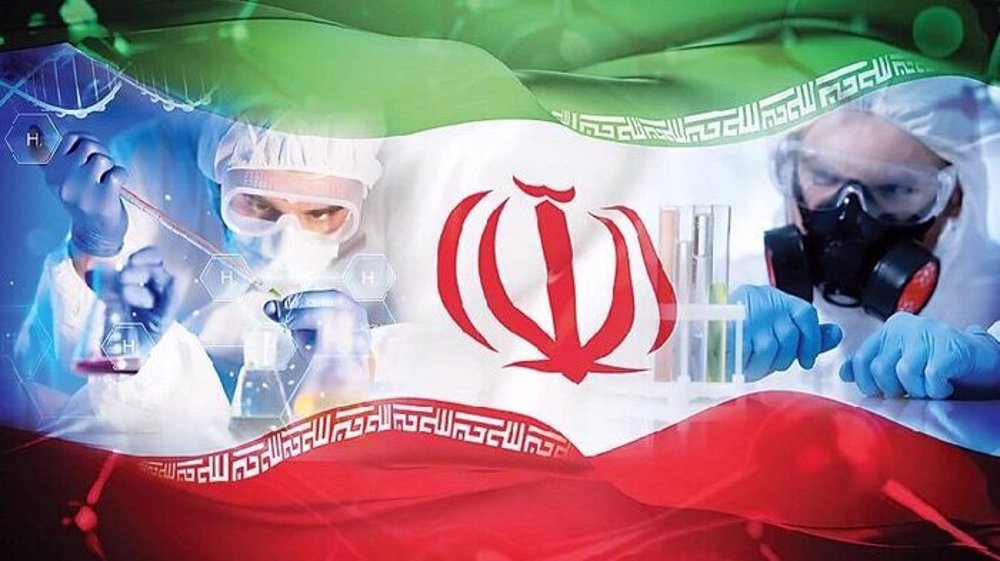Iran has made nanotechnology a priority in recent years, achieving remarkable success. The nanotechnology research website StatNano has ranked Iran as fourth in the world in nanotechnology publications.
The number of scientific articles is deemed a significant parameter for measuring and comparing scientific development, according to StatNano that provides the global and regional ranking of the main indicators of nano science, technology, and industry. China was atop the rankings, followed by the United States and India.
International entities have acknowledged Iranian contributions to the field. In February 2022, the American Institute of Physics published a scholarly article on the use of nanomaterials for cancer treatment by Iranian scientists.
Among Iran’s nanotechnology products, 42% are related to construction, 17% to petroleum and 13% to automobile manufacturing.
Nanotechnology refers to industrial production from atomic and molecule-sized matter. It leverages the properties of nanoparticles into a wide range of applications spanning a vast number of industries. Key accomplishments in the field of nanotechnology can be seen across a wide variety of engineering, energy and medical sectors.
The field is important because it is changing the world. It is a broad discipline that includes diverse scientific fields such as surface science, molecular biology, molecular engineering, organic chemistry, energy storage, and semiconductor physics.
Many experts believe that nanotechnology will bring about a new era of productivity and wealth, and this is reflected in the growth in public investment in technologies and research over the past two decades.
Nanotechnology has become one of the pillars of modern scientific research. The evolution of nano-based products and nanomaterials in the past few years has immensely benefited the entire economy and society.
Over the last two decades, the world has observed a steady increase in the number of industries producing nano-based products and the number of countries promoting nanotechnology. There is a continuous increase in the number of patents registered under nanotechnology worldwide. More importantly, the ratio of nanotechnology to nominal GDP has increased significantly, suggesting that the contribution of nanotechnology to World GDP has increased. Nanotechnology has also played a key role in new job creation.
Many developing nations such as Brazil, India, the Philippines, Chile, Mexico, and South Africa are emerging as frontrunners in nanotechnology research. Iran is a success story, having established government-funded programs and research institutes to push the envelope of nanotechnology.
The Islamic Republic initiated its national nanotechnology development plan referred to as “Future Strategy” in 2005, after being advised by several scholars about the impact of that the technology could have on its wealth and economy.
State planners decided that developing nanotechnology could help Iran address its chronic economic woes resulting from US sanctions and mismanagement.
Nanotechnology can help Iran renovate the industries which are using old technologies and make them competitive. The field is also best placed to halt the migration of professionals from the country. High efficiency, convenience, and the low price of nanotechnology products can boost demand and create a high level of satisfaction. Nanotechnology is also crucial to sustainable economic development.
Over the past few years, doctoral courses related to nanotechnology have been established in 23 Iranian universities in such fields as nanochemistry, nanophysics, nanomaterials and nanomedicine. Also, 66 universities accept students for the master’s degree program.




